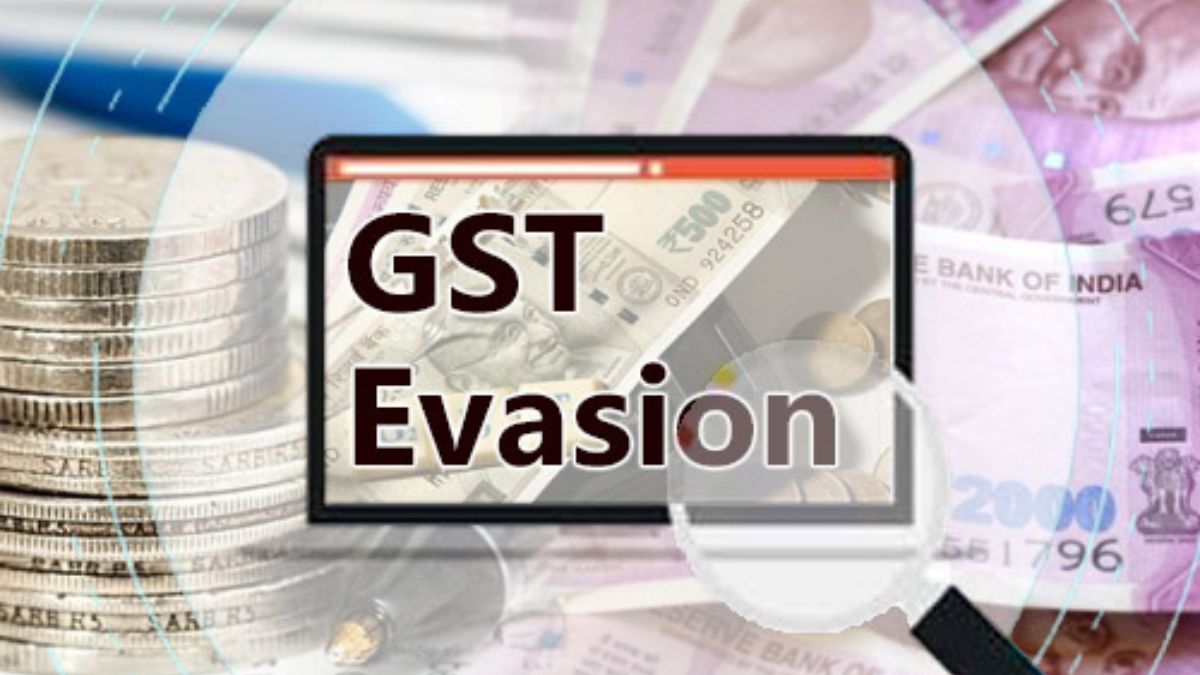Gujarat : Game Zones Under Scrutiny for GST Evasion
The Gujarat GST department has intensified its efforts to gather information about the number of game zones in the state following the tragic fire incident at a Rajkot game zone

Advertisement
AHMEDABAD,GUJARAT : The game zones in Gujarat are not only posing serious threats to human lives with their blatant violations of fire safety norms but are also charged with evading crores of rupees worth of tax income from the government exchequer. With more than 150 game zones operating across Gujarat for the last five to six years, a majority of them have been evading paying Goods and Services Tax (GST).
The State GST department has intensified its efforts to gather information about the number of game zones in the state following the tragic fire incident at a Rajkot game zone. This investigation aims to uncover widespread tax evasion by the game zone owners. Official estimates suggest the total untaxed turnover amounts to a staggering Rs. 130 crore per annum. As game zones fall under the 18% tax bracket, the GST department is preparing to impose a 100% penalty on owners for evading tax.
Sources within the GST department reveal that the average monthly turnover of these game zones exceeds Rs. 15 lakh during vacations and weekends. Additionally, food stalls operating within these game zones are also evading GST. A senior GST official stated that, apart from the entry fees, payments to play games are collected online. The accounts receiving these payments will be scrutinized, and a 100% penalty will be imposed on those lacking GST registration.
Currently, it is estimated that over 150 game zones operate across the state, with most reporting a daily turnover exceeding Rs. 20 lakh. Despite such high revenues, many game zones lack GST registration because they do not possess the necessary municipal Building Use (BU) certificates.
Breakdown of Game Zones in Major Cities:
Ahmedabad: 35
Surat: 16
Vadodara: 15
Rajkot: 15
The GST department will estimate the revenue based on daily earnings, particularly focusing on peak times such as Saturdays and Sundays, to calculate the annual revenue and corresponding tax liabilities.
Officials have disclosed that investigations will include examining the accounts where payments for game cards are deposited. Typically, customers purchase cards loaded with credit to play various games, with an average card costing around Rs. 2500 allowing play worth Rs. 3000. Authorities will trace the destination accounts of these payments, ensuring that all taxable transactions are identified and appropriately taxed.
Earlier investigations have revealed instances where payments from hotel operations were funneled into accounts belonging to relatives of the owners, hinting at potential similar practices within the game zones. The crackdown on these game zones is part of a broader initiative to ensure compliance with both safety regulations and tax laws, thereby protecting the public and securing the state’s revenue.
Advertisement

